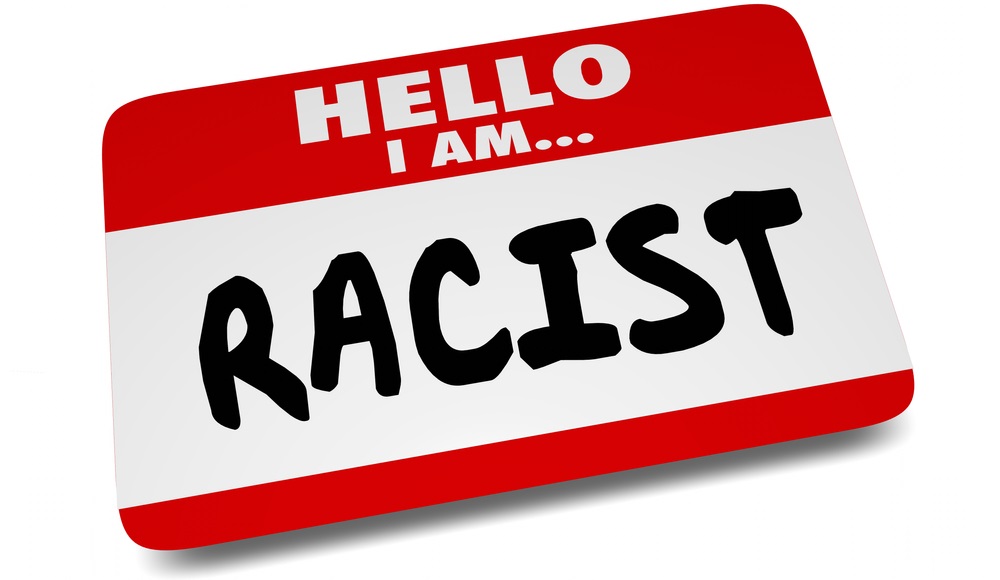 IQONCEPT/SHUTTERSTOCK
IQONCEPT/SHUTTERSTOCK
While our nation struggles to overcome systemic racism, one of the hidden roots of this issue lies within our school systems. The influence of racial politics creeps into America’s textbooks to shape the minds of our youth. As a mixed-race high school student in Los Angeles, no one sees the battle lines better than I.
I owe much of this awareness to my Black father who grew up in the South and experienced discrimination on multiple occasions. While serving as an infantryman at Fort Rucker, Alabama, during the Vietnam War, he was assigned as a pallbearer for a soldier whose funeral filled a Christian church with white congregants. Just before the ceremony, the pastor and congregants objected to having a Black man in the church and demanded that my father be removed from the detail. His honor as a soldier serving his country and his fallen comrade was debased by a senseless act of racism in the holy sanctuary where people supposedly learn to “Love thy neighbor as thyself.”

Julien Deculus
I am able to tie my father’s experiences to what I am taught in school. Unfortunately, many students are shielded from the ugly truths of America’s racist history in school and at home. Dana Goldstein, reporting for The New York Times, explained how U.S. history textbook publishers sanitize school curricula at the demand of state school boards. She illustrated how states such as Texas use purchasing power to alter content, which serves to indoctrinate their students with a revised history of the United States.
In analyzing the differences between California and Texas textbooks, Goldstein found that the Texas School Board purposely left out details of African American struggles and belittled their achievements and contributions to American culture. Instead, they emphasized the effects and importance of Christianity, lionized leaders who opposed racial equality and promoted their own political agenda on race issues.
California explained how whites in the 1950s fled to suburban areas to escape integration, whereas Texas evaded the shameful reality by falsely portraying white flight as a mere avoidance of crime and congestion. This shows how a prejudiced school board can take historical events tied to racism and create a misleading and corrupted racial narrative.
Racial history whitewashed
How can students understand the current realities of racism confronting African Americans if they never learn the truth about the past? The underlying inclination of school systems to hide America’s racist tendencies fuels racial division and has for over a century.
These practices date to the post-Reconstruction era, when the United Daughters of the Confederacy propagated the myth of the Lost Cause. This ideology falsified the realities of slavery and the Civil War by portraying the institution as a beneficial system that treated slaves kindly and depicting the Confederacy’s role in the war as a heroic struggle over political differences, not slavery. These concepts have been taught to Southern youth for generations in order to bolster Confederate culture and uphold white supremacy. The motives of the Texas School Board are reminiscent of this age-old racist Southern theme, as seen by the state’s modernized attempts to preserve racial inequality.
The way America’s racial history is “whitewashed” by prejudiced school board politicians makes me wonder how today’s events will be taught to future students. Will they learn about the institutional racism inherent in housing, wealth distribution, the criminal justice system and education? Will they learn about the countless unarmed Black citizens unjustly killed and brutalized by police? What will future Texans learn about this chapter in our history? How much longer will young Black Americans, like my father, be subjected to acts of racism that impugn their dignity? How much longer will young Americans learn concepts grounded in a series of lies?
Teaching a watered-down version of historical facts only cultivates ignorance and damages the fabric and integrity of our society. If basic truths cannot be accepted by our school systems and government, how can one expect white and Black Americans to ever learn to work together for racial equality? Will we take this opportunity to change the discourse and influence future generations or continue this destructive cycle?
My Los Angeles public school education has helped create my worldview and my appreciation for the need to address the nationwide disparity in racial education. Ensuring integrity in American education could promote long overdue progress toward the eradication of perpetual racism. The outcome of this current struggle depends not only on those willing to learn, but on those willing to teach the truth.
Julien Deculus is a high school senior in Los Angeles who has a passion for racial justice. He enjoys sharing his voice through political activism, writing and music.



























